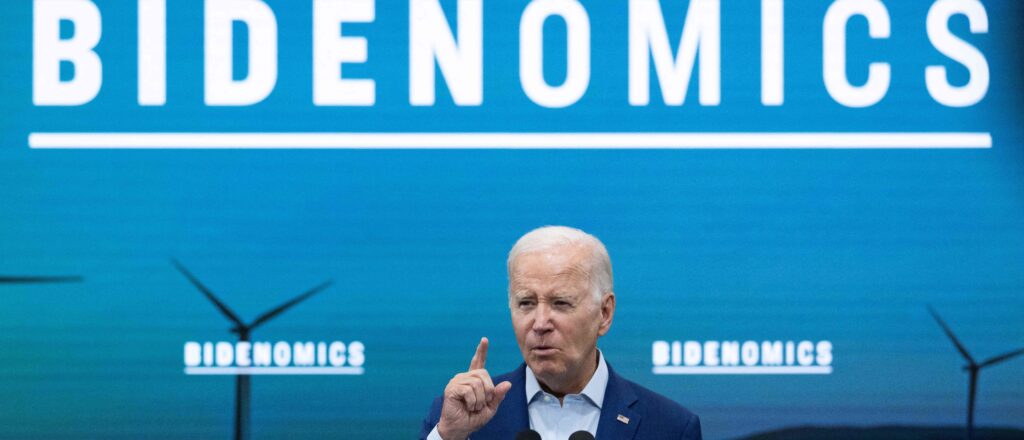Inflation rose in July after steadily declining from a high of 9.1% in June 2022, according to the latest Bureau of Labor Statistics (BLS) release on Thursday.
The Consumer Price Index (CPI), a broad measure of the prices of everyday goods like energy and food, increased 3.2% on an annual basis in July, compared to 3.0% in June, according to the BLS. Core CPI, which excludes the volatile categories of energy and food, remained high, rising 4.7% year-over-year in July, compared to 4.8% in June. (RELATED: Biden’s Burdensome Regulations Are Contributing To Lackluster Economic Productivity, Experts Say)
“Inflation has become much more ingrained in the economy than the White House, Congress, or the Fed want to admit,” E.J. Antoni, a research fellow at the Heritage Foundation’s Grover M. Hermann Center for the Federal Budget, told the Daily Caller News Foundation. “Combined with slowing economic growth, we have the perfect recipe for stagflation.”
The largest contributor to the increase was shelter, which rose 0.4% for the month of July and contributed to over 90% of the total increase in inflation, according to the BLS.
The Federal Reserve, in an attempt to slow inflation, raised interest rates for the 11th time since March 2022 in July, bringing the Fed’s federal funds target rate within a range of 5.25% and 5.50%. The rate is the highest since 2001.
Fed Chair Jerome Powell remarked after the July Federal Open Market Committee meeting that he did not believe that the inflation rate would return to the normal level of 2% until 2025. He noted that interest rates will be lowered before the inflation rate reaches that level.
Aug is off to a great start – financial conditions loosen even further…
Is it going to take another banking crisis to get us to where we need to be? pic.twitter.com/BsbtjplwtB— EJ Antoni (@RealEJAntoni) August 9, 2023
“I think Powell is right when he says inflation will not return to 2 percent until 2025,” Antoni told the DCNF. “The Fed under his chairmanship simply doesn’t happen the stomach to fight inflation. Given today’s interest rates and current economic conditions, the Fed’s balance sheet is about $5.3 trillion too big. Powell lacks the will to sell off that much in assets.”
The U.S. added 187,000 jobs for the month of July, 13,000 fewer than economists expected, and the unemployment rate fell to 3.5%. The number of jobs for the months of June and May was revised down by a cumulative 49,000 jobs.
The U.S. economy grew at a rate of 2.4% in the second quarter of 2023, surprising economists who anticipated a more modest expansion of 2%.
All content created by the Daily Caller News Foundation, an independent and nonpartisan newswire service, is available without charge to any legitimate news publisher that can provide a large audience. All republished articles must include our logo, our reporter’s byline and their DCNF affiliation. For any questions about our guidelines or partnering with us, please contact licensing@dailycallernewsfoundation.org.


